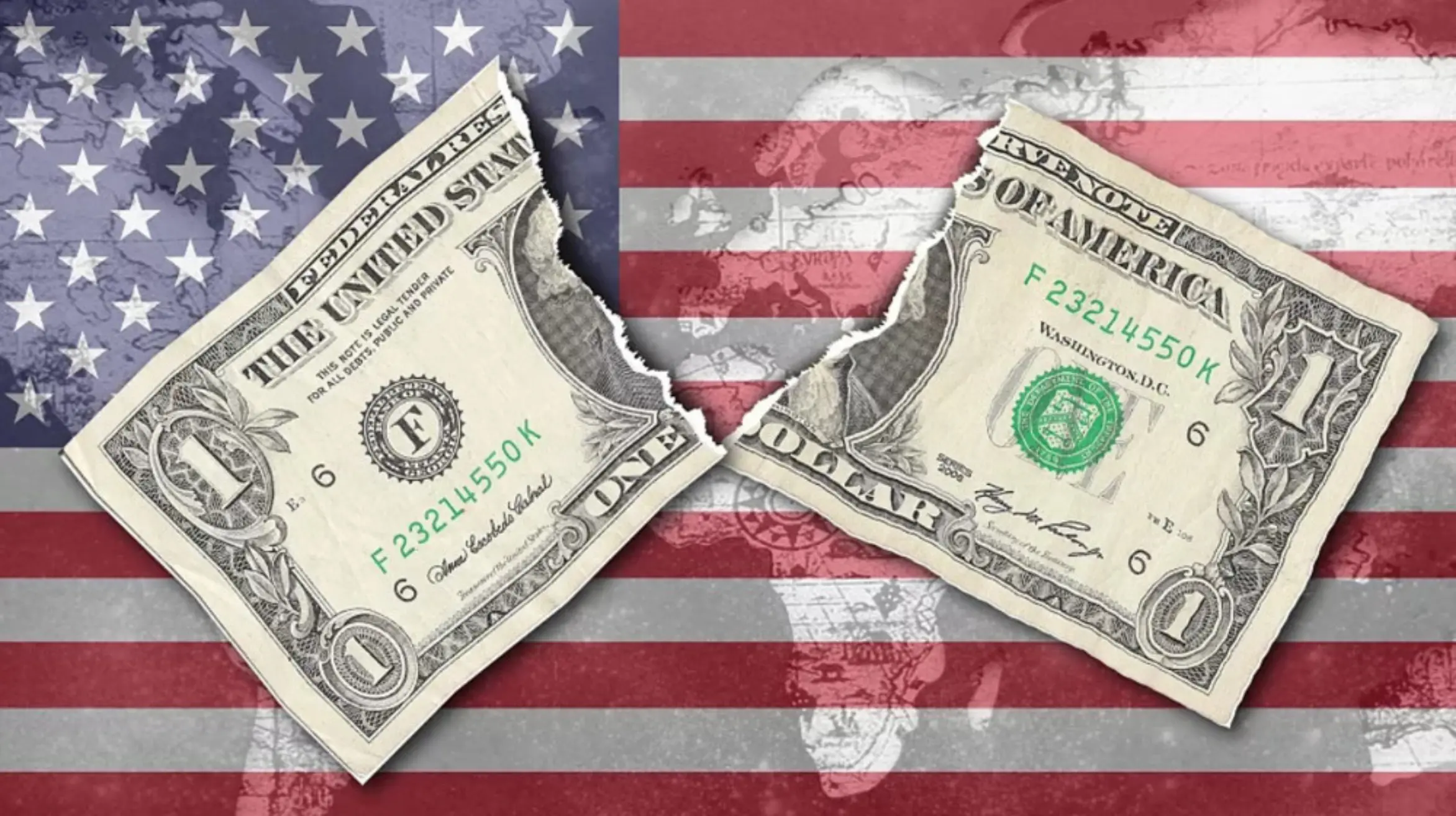Washington, D.C (Transatlantic Today)— The historic Bretton Woods Conference convened delegates from 44 nations for 22 days, significantly impacted the global economy after World War II. Notable outcomes included the formation of the International Monetary Fund (IMF) and the precursor to the World Bank. Yet, the innovative idea of the bancor, intended as a global currency, was rejected. This pivotal event signaled the consolidation of the US dollar as the world’s foremost reserve currency.\
Keynes’s Vision: The Bancor Proposal
According to Portafolio, the bancor, was the idea of the famous British economist John Maynard Keynes, aimed at addressing the economic imbalances that led the Great Depression and two World Wars. Keynes saw a society in which trade conflicts, currency wars, and imbalances would be alleviated by a single currency available to all nations.
Challenges Amidst Conflict
During a period of global conflict, trust among nations was scarce. Most currencies were not interchangeable, hindering international trade. Keynes sought to promote prosperity through a universally accepted and convertible currency.
The Bancor Framework
Keynes’s proposal included the creation of the International Clearing Union (ICU) to regulate the bancor. Each country would receive an annual quota of bancors proportional to its participation in world trade. This system aimed to encourage balanced trade and mitigate economic disparities.
Opposition and Realities
Despite its idealistic goals, the bancor faced opposition, particularly from the United States. The US, emerging as a dominant economic power, favored maintaining the dollar’s status as the international reference currency.
Keynes vs. White: Clash of Perspectives
According to BBC, Keynes’s negotiations with US Treasury official Harry Dexter White underscored the divergent interests between Britain and the US. While both sought to promote international trade and growth, their visions for the global monetary system diverged.
The Dominance of the Dollar
Ultimately, the dominance of the US dollar prevailed. Britain, in need of post-war financial assistance, conceded to American interests. The bancor remained a visionary concept, archived in history, while the world economy continued to operate predominantly in dollars.


























